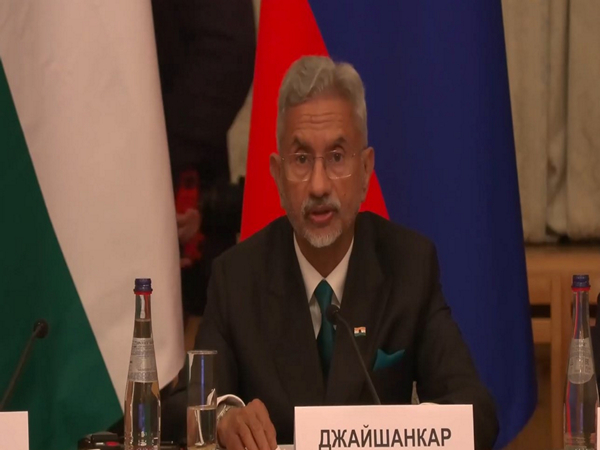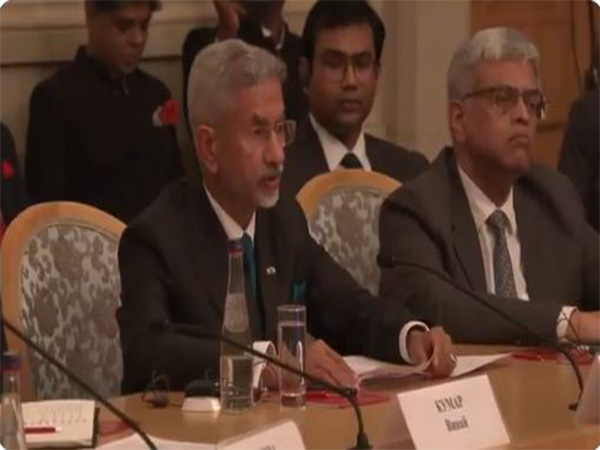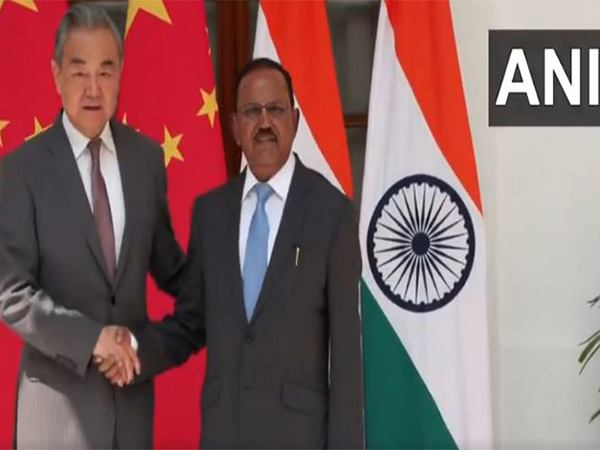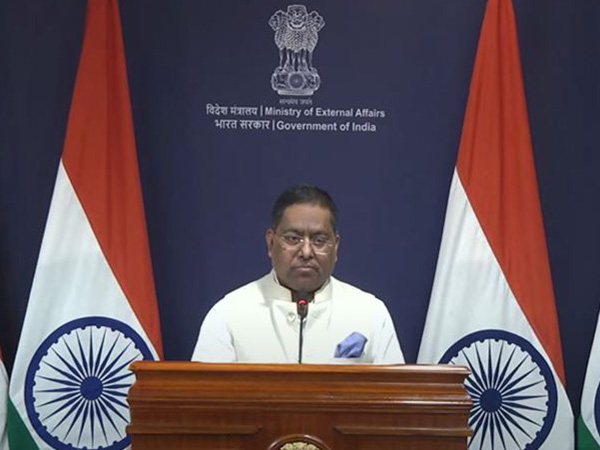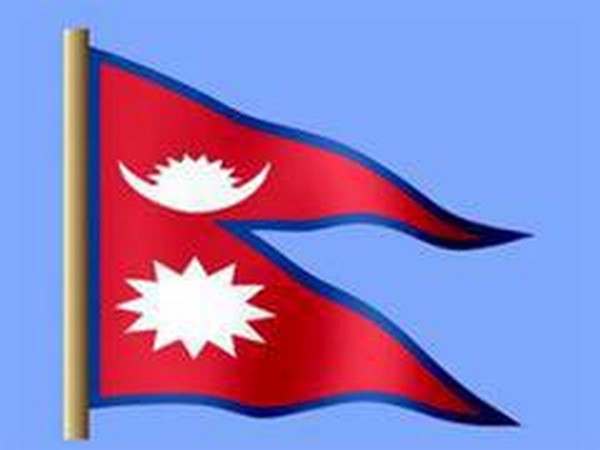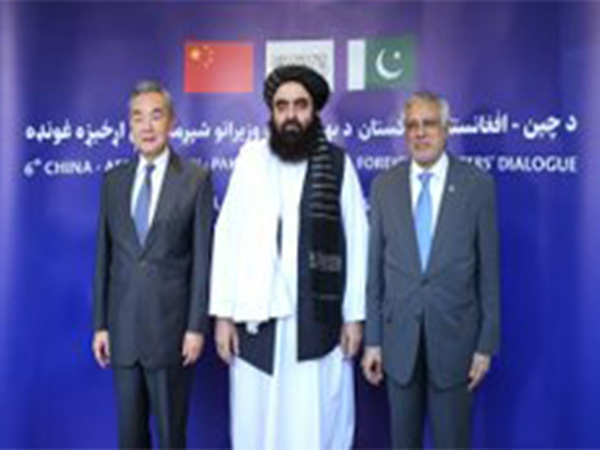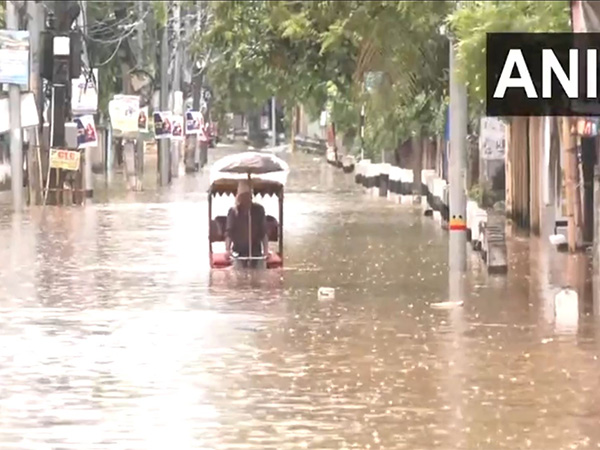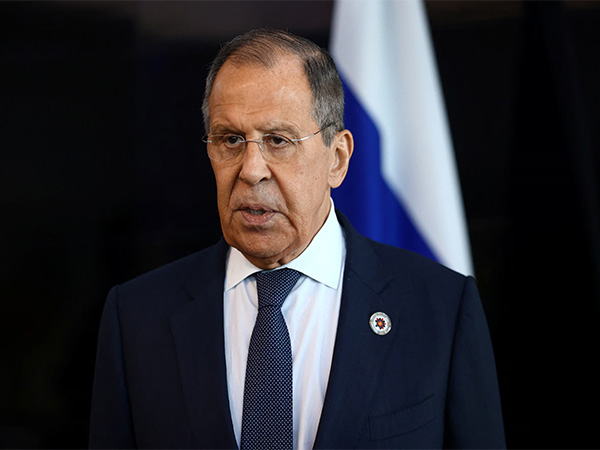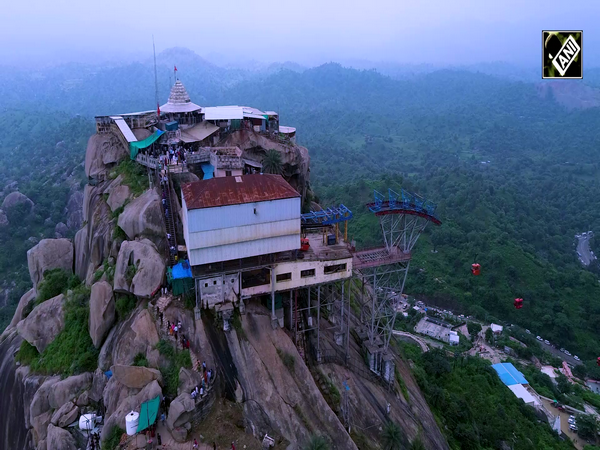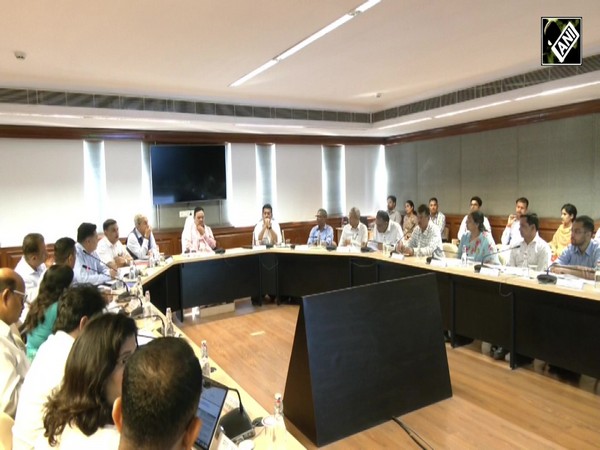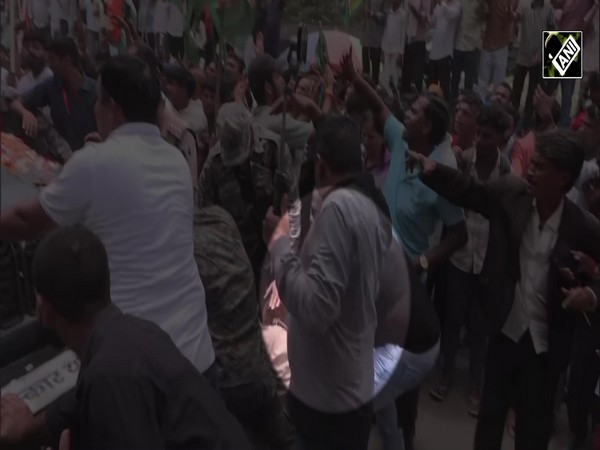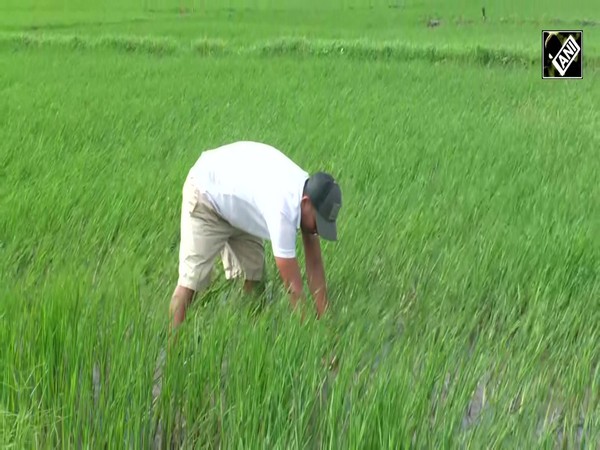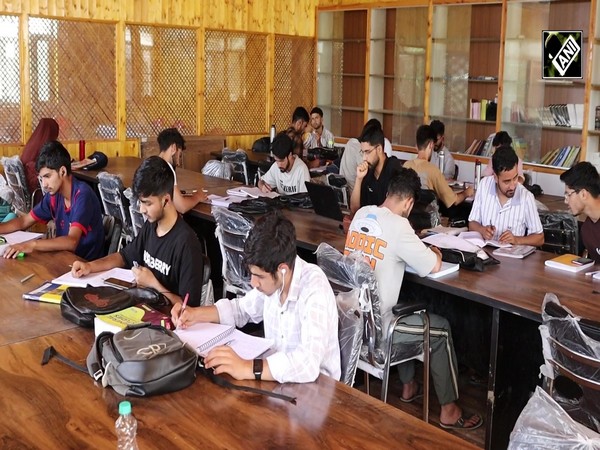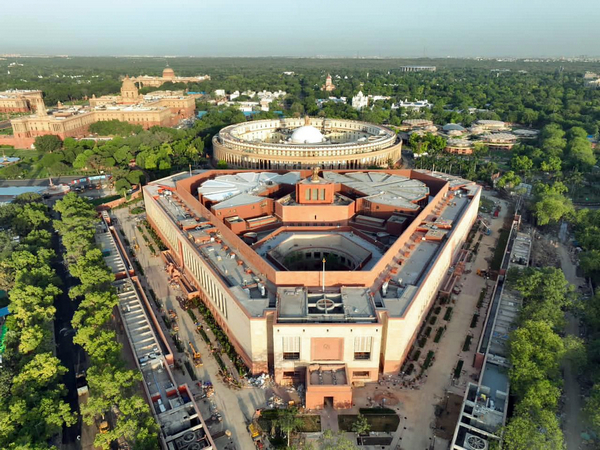
Mass deportations from Iran leave Afghan migrants stranded in extreme conditions at Islam Qala border
Jul 04, 2025
Islam Qala [Afghanistan], July 4 : Afghan migrants returning from Iran face a dire situation at the Islam Qala border, struggling with severe shortages of shelter and resources, Khaama Press reported.
Thousands of Afghan migrants who were recently deported from Iran are facing severe conditions at the Islam Qala border, struggling with a lack of drinking water, food, and shelter.
The situation has worsened due to extreme heat, with temperatures soaring to 45°C, and a lack of organized management at the site, raising serious concerns about the migrants' health and safety.
Many families, particularly women and children, are enduring these harsh conditions without access to essential services such as drinking water and healthcare. The dire circumstances have placed these vulnerable groups at significant risk.
In response to the crisis, some residents from Herat have voluntarily travelled to the Islam Qala border to provide assistance. However, the efforts have been limited and unable to meet the growing needs of the increasing number of migrants arriving daily.
The escalating deportation of Afghan migrants from Iran is a major contributing factor to the growing humanitarian crisis.
In just the past 24 hours, around 31,000 Afghan migrants have crossed into Herat through the Islam Qala border, further straining the region's capacity to provide necessary aid and resources, Khaama Press reported.
Tajuddin Avila, a representative of UNICEF in Afghanistan, reported that 256,000 individuals returned from Iran to Afghanistan in June alone. This rapid increase in the number of deportees has put additional pressure on Afghanistan's already limited resources.
The ongoing mass deportation of Afghan migrants from Iran has been intensifying in recent months, driven by economic pressures and security concerns within Iran. The escalating number of deportations is exacerbating the humanitarian situation along the border.
The absence of a coordinated relief effort at the Islam Qala border and the insufficient resources to manage the influx of migrants has left them vulnerable, especially children and families. The situation is rapidly becoming unsustainable, Khaama Press reported.
International organizations, including UNICEF, have raised alarms over the growing number of deportations and the urgent need for humanitarian intervention.
It is critical for both the local and international bodies to coordinate efforts to address the worsening crisis and ensure the protection and support of migrants.

